Introduction
Weight loss is a hot topic for many, but with so much information out there, it’s easy to feel overwhelmed. From popular diets to exercise routines, numerous myths can cloud our judgment and lead us away from effective weight management. Understanding and debunking these myths is crucial for anyone looking to adopt a healthier lifestyle. Let’s dig deep into the common misconceptions that might be holding you back.
Myth 1: Carbs Are the Enemy

1.1 The Role of Carbohydrates in Our Diet
Carbohydrates often get a bad reputation, but they are an essential part of our diet. Simply put, carbs are one of the three macronutrients—along with proteins and fats—that provide the energy our bodies need to function. They come in two main types: simple carbs (like sugar) and complex carbs (like whole grains and vegetables). Complex carbohydrates are generally healthier, as they offer more fiber, vitamins, and minerals.

1.2 Why Cutting Carbs Can Be Counterproductive
While it may seem tempting to drastically cut carbs to lose weight, this approach can backfire. Reducing carbohydrate intake can lead to low energy levels and sluggish metabolism. You may find yourself feeling tired and irritable, which can make sticking to a healthy lifestyle even harder. Plus, depriving yourself of carbs can lead to nutritional imbalances.

1.3 Healthy Carbohydrate Choices
Instead of eliminating carbs, focus on making healthier choices. Opt for whole grains, fruits, and vegetables, which nourish your body while keeping you satisfied. When planning meals, try to balance your plate with a good mix of complex carbs, proteins, and healthy fats to optimize your nutrition.

Myth 2: You Have to Exercise for Hours Every Day

2.1 The Importance of Exercise in Weight Loss
Exercise is undeniably beneficial for weight loss and overall health, but it doesn’t mean you need to spend hours at the gym. Regular physical activity boosts your metabolism, helps maintain muscle mass, and improves mood. Whether it’s walking, dancing, or yoga, movement is key!

2.2 Quality vs. Quantity: Finding the Right Balance
Research suggests that shorter, high-intensity workouts can be just as effective, if not more so, than hours of moderate exercise. Feel free to mix things up and find out what duration and intensity work best for you. Even 20-30 minutes of focused activity can be beneficial.

2.3 Making Exercise Enjoyable and Sustainable
The best exercise is the one you enjoy and can stick with. Try different activities, like hiking, playing a sport, or joining a dance class. When you find something fun, it’ll be easier to incorporate into your daily routine, making fitness a regular part of your life!

Myth 3: All Calories Are Created Equal

3.1 Understanding Caloric Intake and Expenditure
Calories are units of energy, but the source of those calories plays a significant role in our health. Simply counting calories doesn’t take into account the quality of the food we eat, which is vital for effective weight management.
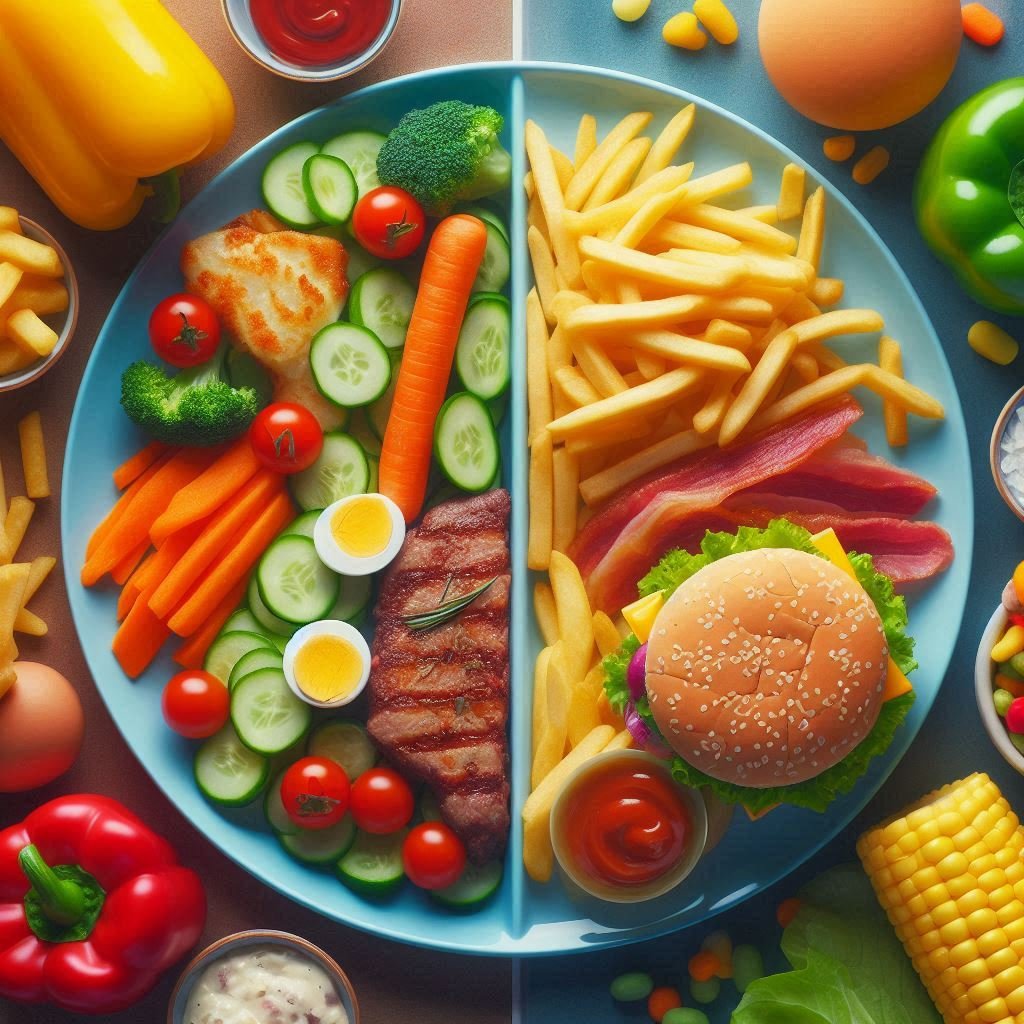
3.2 Nutrient Density vs. Empty Calories
Not all calories provide the same nutritional value. Nutrient-dense foods, like fruits, vegetables, and lean proteins, offer essential vitamins and minerals that support bodily functions. On the flip side, empty calories from sugary snacks and processed foods can lead to weight gain without providing the necessary nutrients.

3.3 The Role of Metabolism in Weight Loss
Metabolism affects how our bodies utilize calories. Foods like protein can boost metabolism, helping you burn more calories throughout the day. Consider incorporating a variety of food types into your diet to support a healthy metabolism.

Myth 4: Skipping Meals Is an Effective Way to Lose Weight
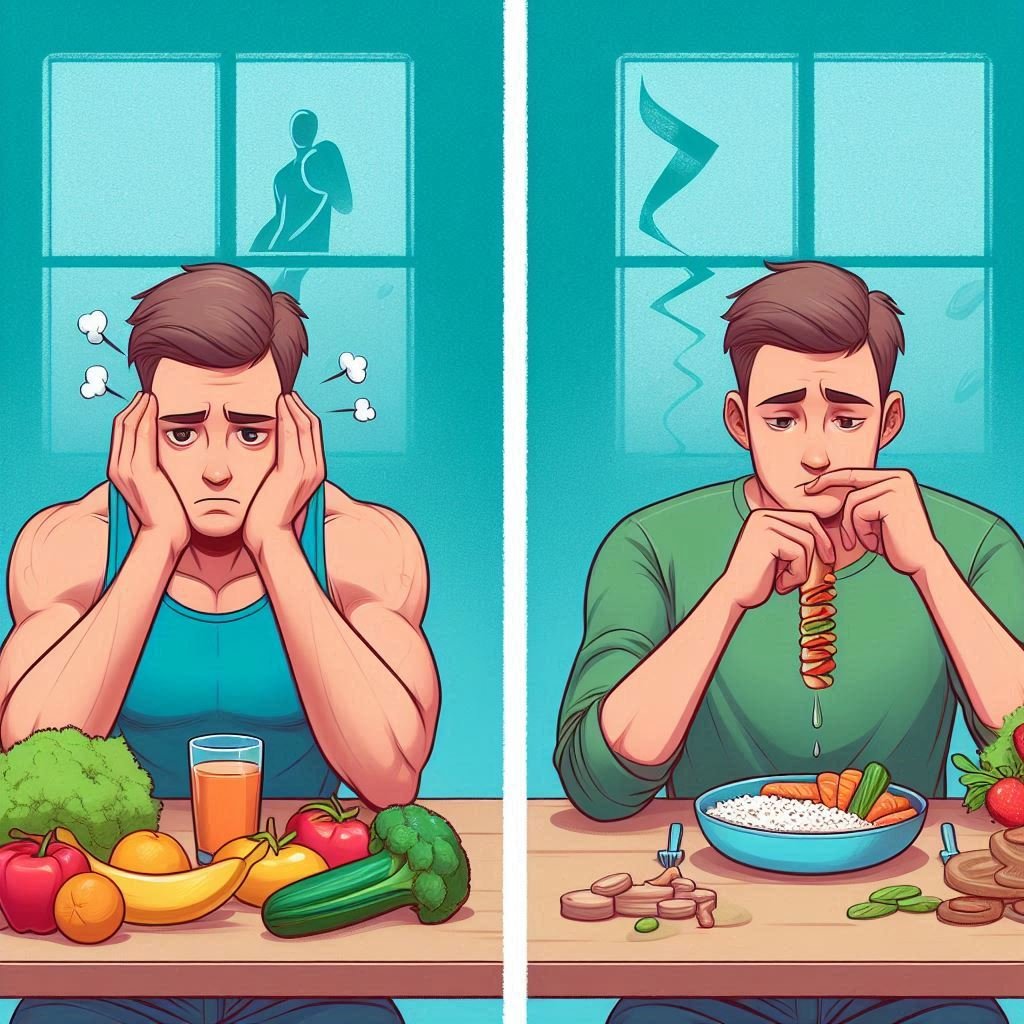
4.1 The Consequences of Skipping Meals
Many believe that skipping meals can lead to weight loss, but it can actually have the opposite effect. You might find yourself feeling sluggish and more likely to overeat later on, disrupting your body’s natural hunger cues and increasing cravings.

4.2 The Importance of Regular, Balanced Meals
Eating regular, balanced meals helps maintain energy levels and stabilizes blood sugar. Aim for frequent meals that combine protein, healthy fats, and complex carbohydrates to keep hunger at bay and promote overall well-being.
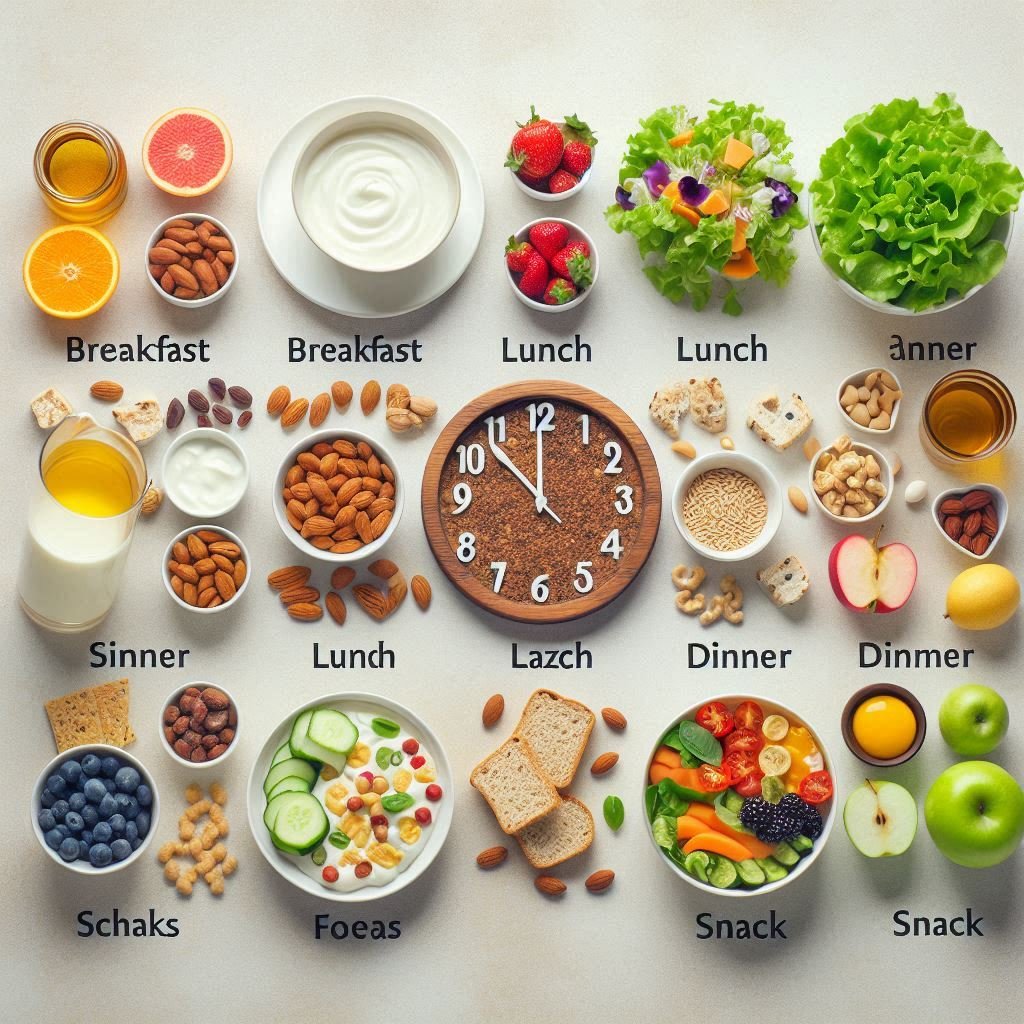
4.3 Strategies for Healthy Snacking
Snacking can actually be a great tool for weight management! Choose healthy options like nuts, yogurt, or fresh fruit to maintain energy throughout the day. Setting aside time for nourishment is crucial, making it easier to stay mindful about your dietary choices.

Myth 5: Supplements Are a Magic Solution for Weight Loss

5.1 Overview of Weight Loss Supplements
The market is flooded with weight loss supplements claiming miraculous results. From fat burners to metabolism boosters, many promise quick fixes. However, it’s essential to approach these products with caution, as many lack significant proof of effectiveness.

5.2 The Risks and Side Effects of Supplements
Some supplements can pose health risks, including adverse side effects or interactions with medications. Always consult with a healthcare professional before starting any supplement regimen to ensure your safety.

5.3 Focusing on Natural, Sustainable Methods
Instead of relying on supplements, focus on making whole food choices and lifestyle changes. This can include preparing healthy meals, staying hydrated, and incorporating regular physical activity, which yield sustainable results over time.

Conclusion
Debunking these common weight loss myths helps us understand that effective weight management is about balance, healthy choices, and sustainable practices. By prioritizing evidence-based methods over assumptions, you can create a healthier lifestyle that feels good! Remember, it’s all about finding what works for you.
FAQs
- What is the best diet for weight loss?
- A balanced diet rich in whole foods, including lean proteins, healthy fats, and plenty of fruits and vegetables, promotes sustainable weight loss.
- How much exercise is recommended for weight loss?
- Aim for at least 150 minutes of moderate aerobic activity per week, or 75 minutes of vigorous activity, alongside strength training two days a week.
- Are there safe and effective weight loss supplements?
- While some supplements may be effective, it’s crucial to consult with a healthcare professional to determine safety and suitability for your needs.
- How can I maintain weight loss in the long term?
- Focus on lifestyle changes, including regular exercise, balanced nutrition, and mindful eating habits for long-lasting results.
- What should I do if I am struggling with my weight?
- Consider seeking support from healthcare professionals, such as a registered dietitian or a nutritionist, who can guide you personalized strategies for success.
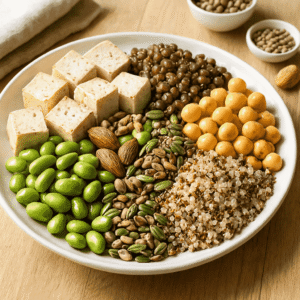

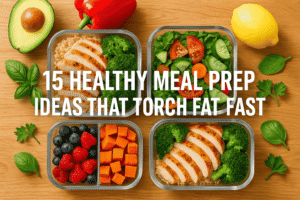


1 thought on “Top 5 Weight Loss Myths Busted Understanding the Truth Behind Common Misconceptions”
Pingback: Plant-Based Diet Recipes for Weight Loss
Comments are closed.